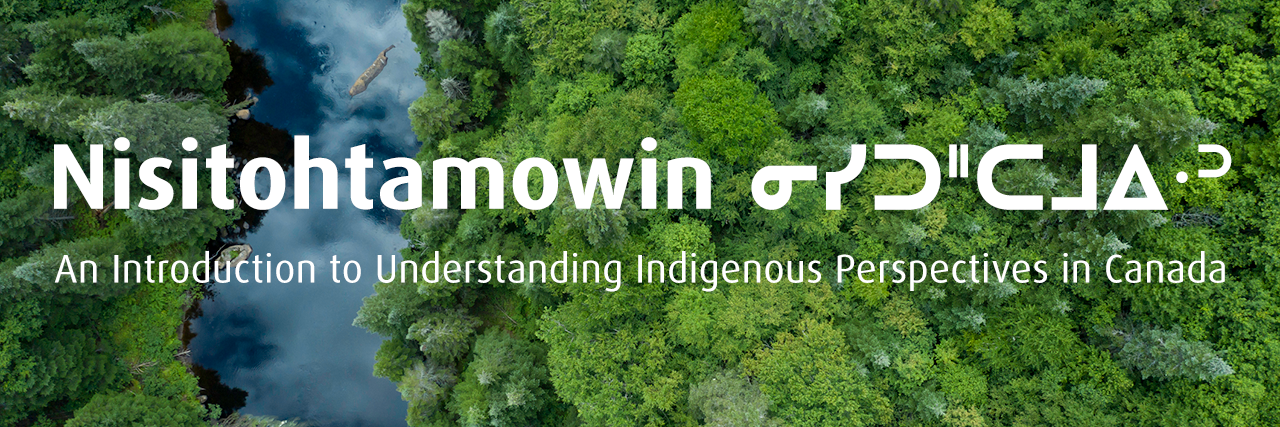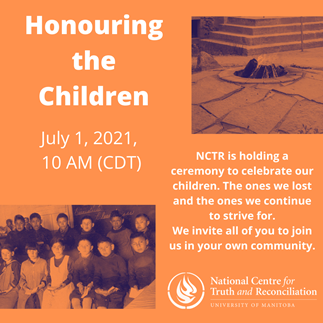On Canada Day we often remember and reflect on what it means to be Canadian, to live in this country and enjoy the freedoms and privileges it affords most of us. Many of us will mark Canada Day with family and friends, recognizing the diversity and beauty of this country. While marking the day how you see appropriate, we encourage you to take time for careful thought about the history and current reality for Indigenous peoples. By truly understanding the past, acknowledging the present, and working together, we can build a better future for all Canadians.
Being Canadian means knowing our history and the legacy of this nation, as well as our achievements and successes. Birthed only 154 years ago, out of a colonial past, this country is known worldwide for its triumphs, less for its failings. The Indigenous people knew though of Canada’s failings and acts of genocide, and they shared their stories in the hearings during the Truth and Reconciliation Commission investigation. Although apologies have been provided, Indigenous people remain marginalized and suffer from systematic racism throughout Canada.
Over the past year, as we live in and though this pandemic, we have been forced to confront the systemic racism, post-colonial remnants and current realities that continue to shape the lives of Canadians – those who were here before and those who have arrived anew. Canada Day has always had a different meaning for many Canadians, and especially for Indigenous peoples. This year, Canada Day feels very different for many Canadians as we confront the historic abuses of our past and current realities.
This Canada Day is an opportunity for us to have these important conversations about what it means to be Canadian, to reflect, ask questions and learn more about our past so we can work together for a better Canada for all.


